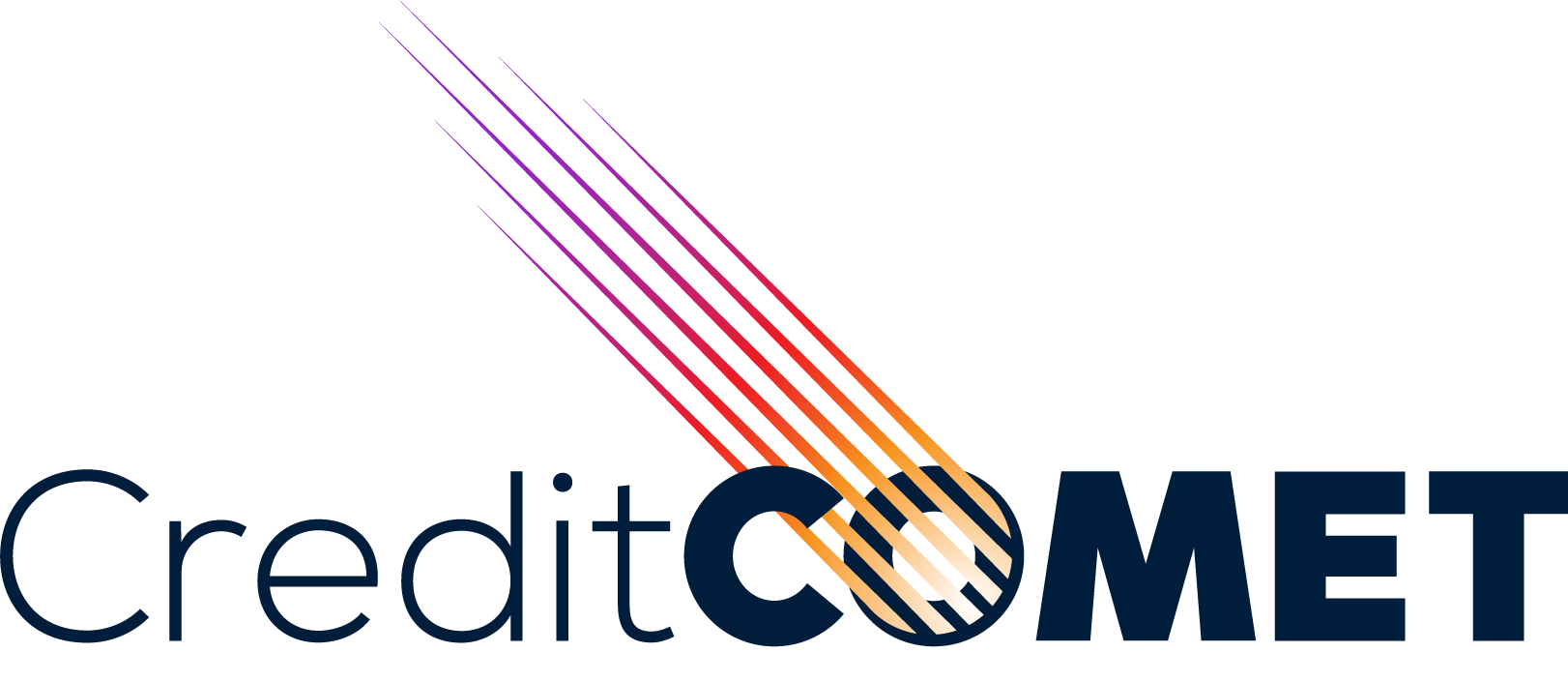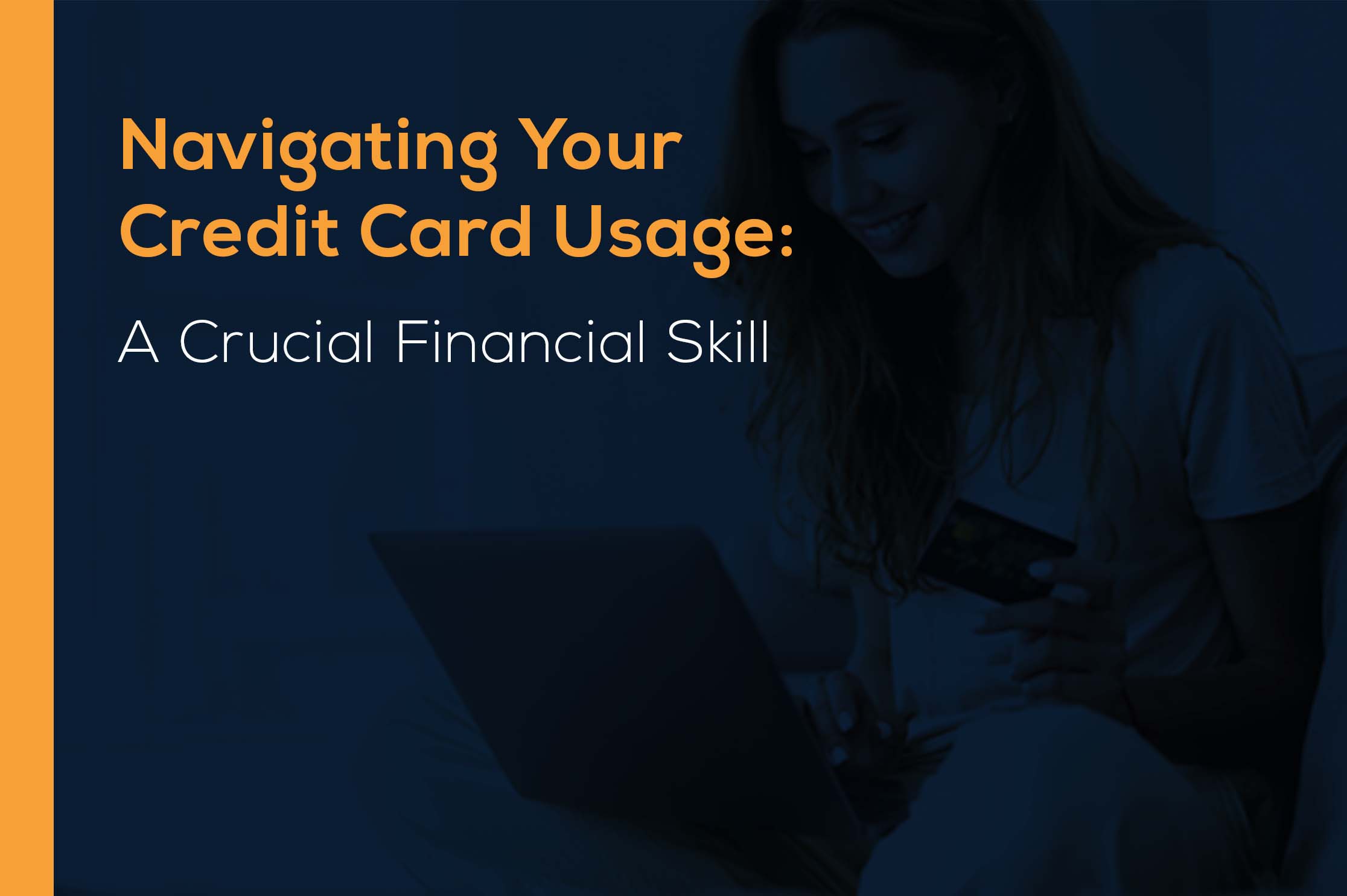In the complex and ever-changing world of personal finance, one essential skill stands out as particularly crucial – mastering the art of navigating your credit card usage. In this comprehensive guide, we will explore the significance of this skill and how it directly impacts your financial well-being.
Understanding the Basics:
Before we dive into the importance of navigating credit card usage, it is essential to grasp the basics. By understanding key concepts such as interest rates, credit limits, and payment deadlines, you will develop a solid foundation for responsible credit card management.
Building and Maintaining Credit:
A well-managed credit card is a powerful tool for building and maintaining a favorable credit score. Your credit score is not just a number; it is a key factor considered by lenders, landlords, insurers, and even potential employers. Navigating your credit card usage wisely contributes significantly to establishing a positive credit history and opens doors to future financial opportunities.
Avoiding Debt Traps:
One of the primary reasons to master credit card navigation is to steer clear of debt traps. Mismanaged credit card usage can quickly lead to a cycle of debt, burdening you with high-interest rates and late payment fees. Learning to use your credit card responsibly helps you avoid falling into this financial quagmire and provides you with greater financial freedom in the long run.
Maximizing Rewards and Benefits:
Credit cards often come with rewards programs and various benefits tailored to consumers’ financial needs. By navigating your credit card usage effectively, you can make the most of these perks. From earning cashback on purchases to accumulating travel rewards, responsible credit card management can help turn your everyday spending into valuable savings and experiences.
Financial Flexibility and Emergency Preparedness:
A well-managed credit card provides a financial safety net in emergencies. Unexpected expenses, such as medical bills or car repairs, can be easily covered by having a credit card with available credit. Navigating your credit card usage empowers you to use this financial tool wisely in times of unforeseen circumstances, providing you with peace of mind and added financial security.
Aligning Credit Card Usage with Your Financial Goals:
Strategic credit card usage can facilitate progress toward your long-term financial goals. By navigating credit wisely and aligning your spending habits with your objectives, you can make significant strides toward saving for a home, education, retirement, or any other financial aspiration. This approach ensures that your credit card usage becomes a tool for achieving your dreams rather than hindering them.
Monitoring and Protecting Your Finances:
Navigating your credit card usage also involves maintaining vigilance and actively monitoring your financial accounts. Regularly reviewing your credit card statements helps detect any unauthorized or fraudulent activity promptly. This proactive approach safeguards your financial health and enables you to address any issues before they escalate, protecting your hard-earned money.
Negotiating Better Terms:
As you become adept at managing your credit card usage, you gain the ability to negotiate better terms with credit card issuers. This may include requesting lower interest rates, increased credit limits, or more favorable rewards programs. By navigating credit cards effectively, you take control of your financial destiny and create a more advantageous financial landscape.
Teaching Future Generations:
Mastering credit card navigation not only benefits your own financial well-being but also allows you to pass on valuable financial wisdom to future generations. By setting a responsible example and sharing your knowledge with others, you contribute to building a financially literate society that empowers individuals to make informed financial decisions.
Adapting to Life Changes:
Life is dynamic, and circumstances can change unexpectedly. Navigating your credit card usage involves adapting to these changes in a financially responsible manner. Whether it is adjusting your budget during periods of income fluctuation or reassessing your credit card strategy in different life stages, flexibility is key to maintaining long-term financial success.
Conclusion: Empowering Your Financial Journey:
Mastering the art of navigating your credit card usage is a dynamic and empowering skill that can transform your financial journey. By understanding the basics, avoiding debt traps, aligning credit card usage with your goals, and safeguarding your finances, you secure your financial well-being. Additionally, you contribute to a more financially resilient and knowledgeable society. Take charge of your credit card usage today and let it be a tool that propels you toward a brighter and more prosperous financial future.

